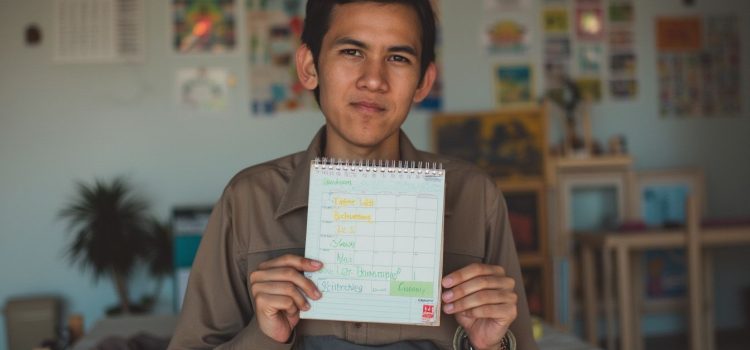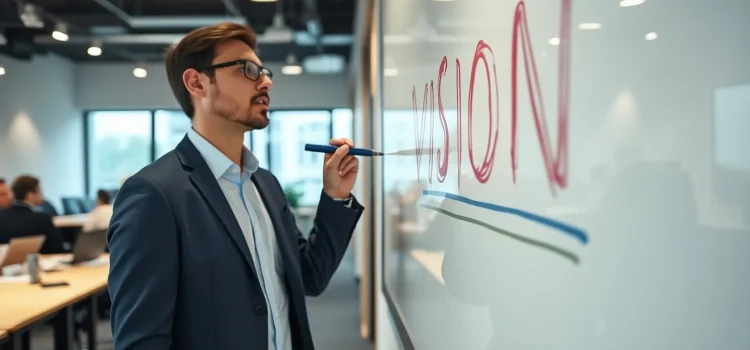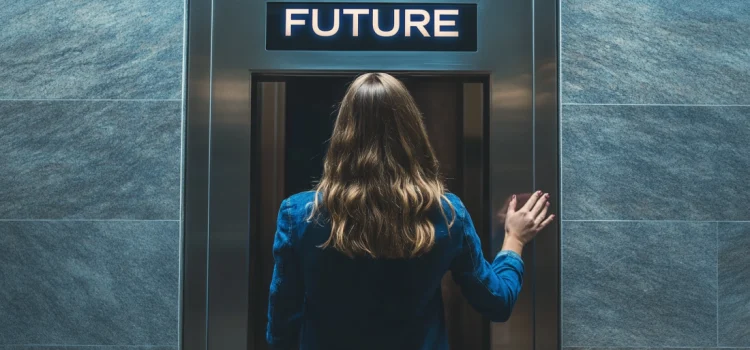Why do some network marketers struggle to make it past their first year? How can you handle rejection gracefully, rather than let it derail your dreams? Meeting your network marketing goals marketing requires more than just enthusiasm and a good product. As Rene and Mark Yarnell explain in their book Your First Year in Network Marketing, not achieving these goals can make or break your business journey. Learn how to reach achievable goals so you can succeed in this dynamic industry.
Network Marketing Goals: Practical Expectations to Meet










